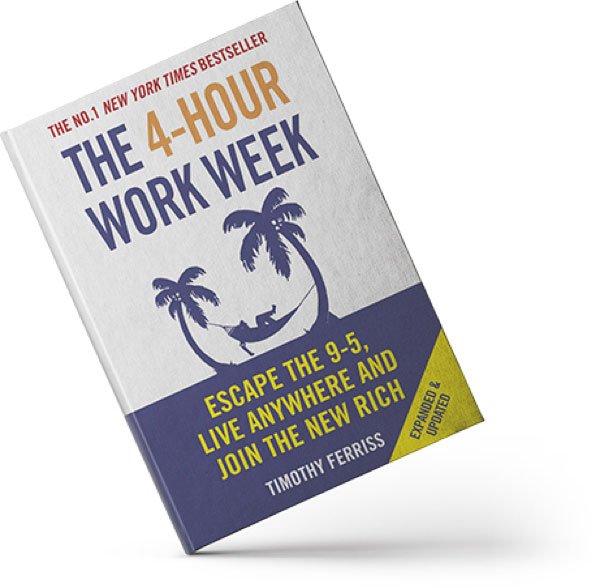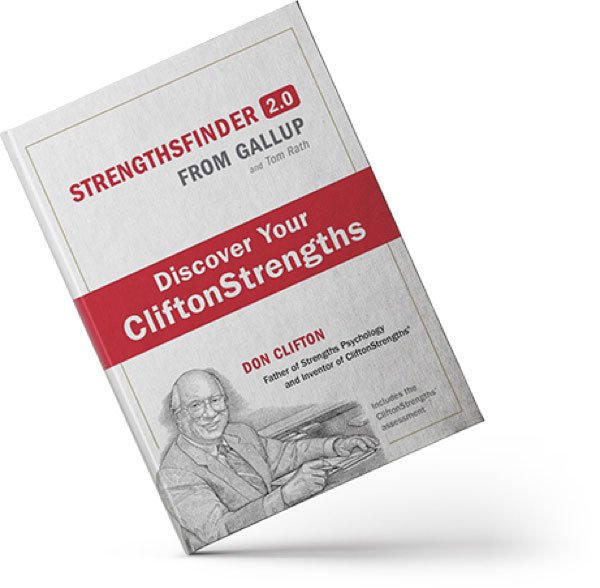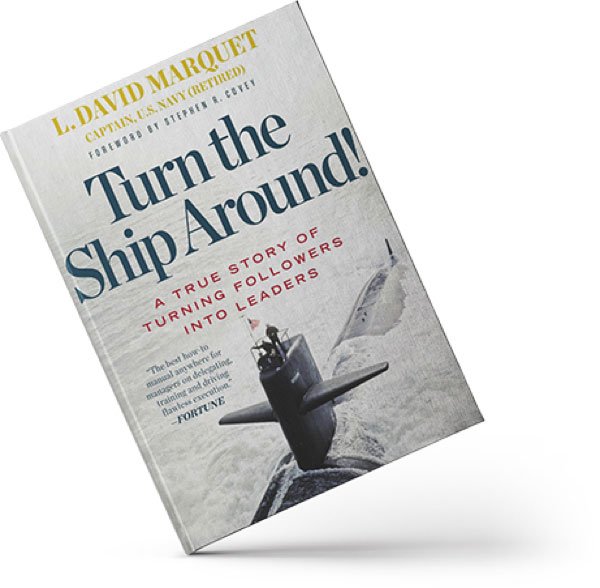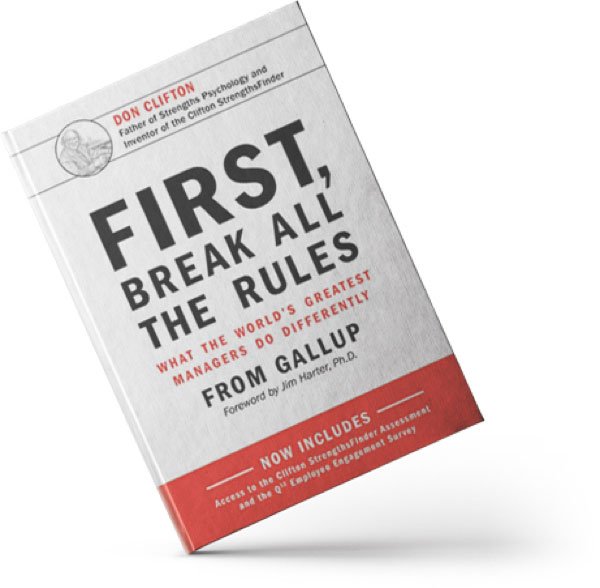Throughout childhood, Ayaz Tejani, 34, watched his father excel in business. The son looked up to his father as a business role model. Amin Tejani – an Asian Ugandan immigrant who came to Leicester in the 1970s – set up a series of businesses with successful exits. The most recent being Leicester Paper Company (LPC) Group PLC in 2010, a European tissue manufacturer operating in 4 different countries, with a turnover of £300m and EBITDA £40m.
HOW DOES A YOUNG LAD FOLLOW THAT UP?
In Ayaz’s case, pretty damn well. Taking the easy way out and managing the Tejani Family Assets straight from school? Don’t think so. Ayaz was keen to get educated and secure a position in an organisation where he would learn skills that would not only benefit him but the wider family.
“To earn respect from the outside world, I would urge the next generation of successful families to explore careers, so if they decide to start any business or work with the family they can add value.” Ayaz graduated from the University of Nottingham, where he attained a 2:1 BSc in Mathematics and Economics, and then joined a Big 4 accountancy firm. He successfully qualified as a chartered accountant. However, post-qualification he was still unfulfilled and had a burning desire to set up his own business.
AN EXCITING JOURNEY
Ayaz identified a gap in the £2bn tissue market. There was consolidation in the private label market, so the retail high street had very few suppliers to choose from. As start up failure rate is extremely high, it made sense to pursue an industry where the family had experience, so he decided to enter the tissue market again. So, in 2014, Leicester Tissue Company (LTC), a manufacturer of toilet tissue and kitchen towel was born. The mindset was to be prepared for an exciting but challenging journey. “We knew that the competition would defend their position, and it would take time to build new, strong relationships with customers. The market had changed since the disposal of LPC. We needed the best start possible.”
Ayaz secured £1m grant funding from the Leicester and Leicestershire Partnership (LLEP) with the view of creating 80 jobs, and negotiated a substantial rent-free period from the landlord. Not a bad start, one would say.
IN AT THE DEEP END
Despite a tough couple of years of trading, Ayaz began to find his feet amid the cut and thrust of a raw entrepreneurial environment. “There was no time to hold our heads in despair when times got tough. It was sink or swim. The real world is cruel, and it is best to embrace it. When backs are up against the wall, true entrepreneurs find solutions.”
Having never worked in an MD role, Ayaz developed extremely quickly and delivered a turnover of £44m and EBITDA of £7m within six years of trading. To date, 80 jobs have been created, and the total investment has been £25m, £3m of which has been family equity. The growth of the business was supported by Charles Street Buildings, LLEP and other banking institutions.
A DREAM MULTI-MILLION-POUND EXIT
In 2014, Ayaz, in the shadow of the elder generation’s success and against the backdrop of an unsatisfied career, had it all to do. But fast forward to November 2020, Ayaz oversaw the sale of his six-year-old company to a competitor, Accrol Group Holdings, in a deal worth up to £42 million – a dream exit. Which begs the question: how did he get from such a vulnerable position to one of strength?
THE INGREDIENTS OF RETAIL SUCCESS
What follows is a masterclass in retail strategy and a lesson in how to transform a perceived commodity into a successful retail brand. Ayaz shares his learnings: “The first ingredient is innovation. Buyers are busy, so if you’re competing on price, that’s a horrible place to be and most likely they will go back to the incumbent supplier. So, you have to innovate and create a culture of innovation.”
STAND OUT FROM THE CROWD
“We looked at our assets and considered how they could make us stand out. We created a luxurious four-ply quilted toilet roll, ‘Quantum Quilts’, with added scented variants such as aloe vera and coconut. We also came up with a four-ply kitchen towel, ‘Magnum Force’. The market at that time was only selling three-ply products.”
CATEGORY MANAGEMENT
“Our Quantum Quilts brand and our seasonal kitchen rolls provided a significant uplift of profitable sales for our main customer. We now had the buyer’s full attention. When that happens, you can start to lead the way by acting as a trusted advisor. ‘You should alter your product range in this way.’ ‘Have you considered trialling this new product?’ Suddenly it’s not about price; it’s about offering a service. You are no longer supplying a commodity; you’re selling a serviced retail brand.”
LONG-TERM RELATIONSHIPS
Ayaz concludes the lesson: “Naturally, your service level must remain incredibly high, and innovation is key, so there is a strategic relationship, not a transactional one. Once the trust has been developed, long-term relations can be maintained and turnover can be safeguarded, which can then be used to fund investment programmes for the future.
WHAT NEXT?
The obvious choice would have been to continue to grow the business with its five year £130m investment programme and create an extra 150 jobs benefiting the economy, which is now in the hands of the new owners.
While that happens, Ayaz is looking to share his experiences and invest in entrepreneurs from the family’s earnings, as well as seeking funding from private investors. There will also be an element of philanthropic work, a long-held ambition for Ayaz that was given further impetus after the passing of his late mother, Rumina Tejani, in 2014.




















